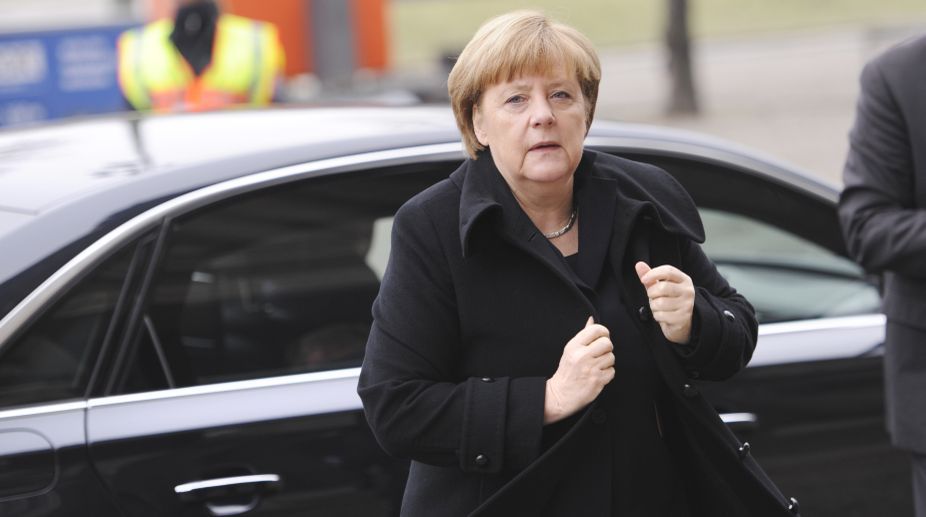It is a patchwork quilt that was woven in Berlin last Friday after five days of hectic talks ~ including a 24-hour “all-nighter” ~ on the formation of a coalition government in Germany. Governance has been in limbo for the past four months and the coalition agreement is a critical step towards giving the country a new government. And yet Angela Merkel is acutely aware that the future course of Germany’s political history rests in the hands of her coalition partner, the Social Democrats.
There is, therefore, an inherent fragility about the terms of engagement but this ought not to militate against what has been achieved in the true tradition of a vibrant democracy. Mrs Merkel’s CDU-CSU conservative bloc has on the face of it struck a coalition deal with Martin Schulz’s centre-left SPD. The success of the arrangement will hinge on whether the deal will hold. There is without question a glimmer of hope of renewed stability; this should be good news not merely for Germany, but for the European Union and Britain as well not least in the context of the migrants crisis and Brexit. Given the emergence of the rightwing AfD in the election last September, it was imperative for the parties to work together, indeed to renew their social market model.
The 28-page agreement, which was inked before the deal was proclaimed on Friday morning, spells out the details on almost every front ~ guarantees of pension, equalisation of employer and employee healthcare contributions, higher spending on schools, tax breaks for lower earners, more police jobs, and an annual cap of 180-200,000 refugees allowed into Germany. Clearly, the overriding emphasis is on social sector spending, clothed with a pledge to accept the French President, Emmanuel Macron’s eurozone ideas pertaining to reform, putting Germany back at the heart of the EU. Yet there are red herrings across the trail, verily mountains to climb for both coalition partners.
As Mrs Merkel gears up for her fourth term as Chancellor, it is essential for the SPD’s Martin Shulz to get his party to support the deal. No easy task. Ever since the party’s poor performance in the September election, it has been against taking part in another grand coalition with Mrs Merkel. Indeed, Mr Schulz had even ruled out such a deal after the SPD had lost one-fifth of its support in the election.
As it turns out, another grand coalition has been the only viable alternative after Mrs Merkel failed to cobble a four-party government with the liberal FDP and the environmental Greens. The challenge of the far-right has for now been surmounted. The next major challenge is on 21 January when the SPD meets at an “extraordinary conference” in Bonn to consider the joint programme. Should the party have second thoughts, the choice before Mrs Merkel is either minority rule or fresh elections.










